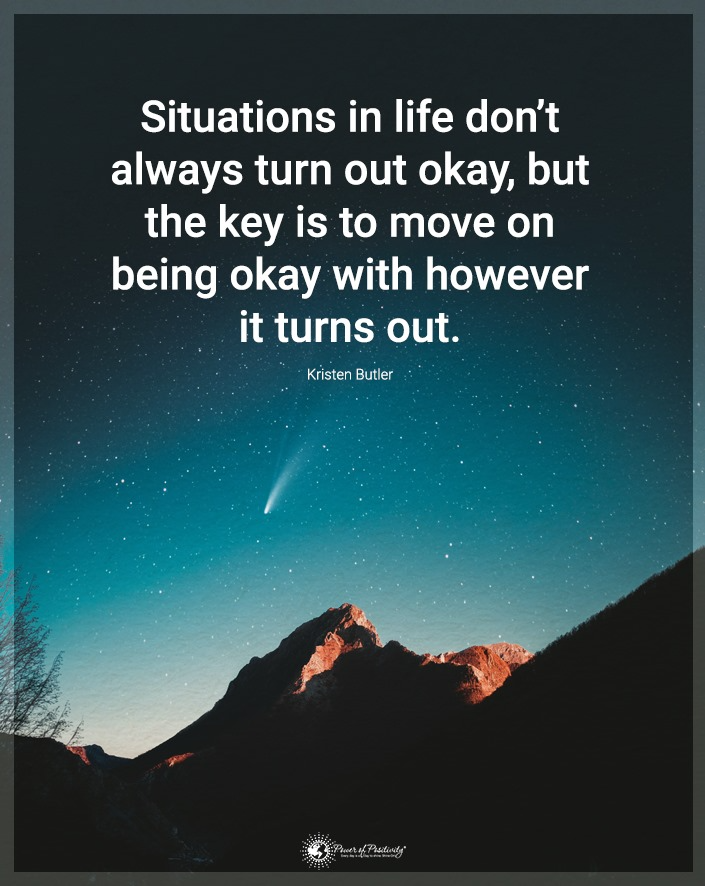Have you ever noticed the positive effects of music on your mood? A favorite song can instantly lift your spirits, turning a challenging day into a manageable one. Music has an incredible power to influence how we feel, often in ways we don’t even realize. It’s not just a simple pleasure—research shows that music can play a key role in supporting mental and emotional well-being. Whether it’s a quick pick-me-up or a stress reliever, the positive effects of music are something we can all tap into to make life a little brighter.
Music has a unique way of connecting with us, affecting not only our minds but even our bodies. Scientists have found that certain tunes can lower stress, boost our mood, and even bring people together. Whether it’s the beat of a favorite song or calming melodies after a tough day, the positive effects of music can be profound. The best part? It doesn’t require any special skills or training to enjoy these benefits; it’s something everyone can experience.
Why Music Matters for Your Mood
Music has a unique way of reaching us on a deep, personal level. It’s not just something we listen to for fun—it actually connects with our emotions and can change the way we feel, both mentally and physically. Think of the way a song can bring back memories or how a beat can get you moving. These effects aren’t random; music is closely linked to mood because it taps into our brain’s reward systems, releasing feel-good chemicals that help us relax, feel happy, or even feel comforted during tough times.
The positive effects of music go far beyond just lifting your spirits. Certain songs can help lower stress, improve focus, and even support our overall well-being. By understanding how music impacts our mood, we can actively use it to feel better, creating playlists that calm us, energize us, or help us reflect.
Let’s look at six specific ways that music can give your mood a boost—small but powerful changes that make a real difference in daily life.
Music Elevates Mood and Promotes Positivity
Ever noticed how the right song can instantly brighten your day? That’s because music can actually release feel-good chemicals in our brains. When we listen to music, especially tunes we love, it activates dopamine—a natural chemical that’s linked to feelings of happiness and satisfaction. This is the same brain response that we get from other enjoyable activities, like sharing a laugh or savoring a favorite meal.
Music, especially upbeat or high-energy songs, can lift your spirits in seconds. It works almost like a natural mood booster, creating a lasting positive effect. When you listen to these songs regularly, your brain starts associating them with good times and positive emotions, making it even easier to feel happy and uplifted.
Whether you’re having a tough day or just need a little energy boost, putting on some favorite music can make a real difference. The positive effects of music aren’t just short-lived either—listening regularly can actually help create a more positive outlook, turning everyday moments into something a little brighter.
Reduces Anxiety and Stress
Ever feel your stress melt away when you listen to calming music? There’s a reason for that. Studies show that music can help lower levels of cortisol—the hormone that kicks in when we’re stressed. Lowering cortisol means less tension, fewer racing thoughts, and a calmer mind. The positive effects of music go deep; just by listening, your body can naturally start to relax.
Slow, gentle tunes are especially soothing. When we listen to calm music, it can actually slow our heart rate and help us breathe more deeply. These physical changes let us feel more at ease, which is why music is often used in practices like meditation, yoga, and even in clinical settings to help people manage anxiety.
Music therapy, for example, uses carefully chosen songs to help those struggling with stress and anxiety find comfort and balance. You don’t have to be in a therapy session to benefit, though—putting on relaxing music after a long day or while unwinding before bed can make a big difference in helping you feel at peace.
Enhances Motivation and Focus
Need a little boost to stay on task? The right music can make all the difference. Upbeat or rhythmic tunes can give you the energy to power through work, workouts, or study sessions. High-energy music triggers the brain to release feel-good chemicals that keep us focused and motivated, making even the most boring tasks feel a little easier.
Think about how athletes rely on music to keep them going. From gym workouts to long runs, music helps improve endurance, making it easier to push through and stay active. The same idea works when studying or doing tasks that need concentration. A good beat can help your brain stay engaged, blocking out distractions and making it easier to stay on track.
Whether you’re hitting the gym, tackling a tough project, or studying for a big exam, putting on the right playlist can help you stay focused and motivated. These positive effects of music are easy to access, helping you get the most out of each task without needing extra willpower.
Encourages Emotional Release and Self-Reflection
Music can be like a safe space for our emotions. When we’re feeling overwhelmed or dealing with tough times, music offers a way to let those feelings out. It’s a private way to release emotions that might be hard to express otherwise. Whether it’s a sad song that matches your mood or a comforting melody that brings a sense of peace, music can help us feel understood and less alone.
Certain songs and lyrics have a way of speaking to us on a personal level, helping us process feelings that are hard to put into words. For many, listening to music during challenging moments can be a form of self-reflection, giving us the time and space to work through our emotions in a healthy way. The reflective effect of music allows us to better understand ourselves and can even bring comfort when it’s needed most.
This positive effect of music goes beyond just listening; it’s about connecting with emotions in a way that helps us heal and grow. From rock ballads to soulful blues, music can be the outlet we need to gain insights and find comfort, helping us move forward with a little more peace.
Builds Social Connections and Enhances Empathy
Music has a special way of bringing people together. Whether it’s at a concert, a music festival, or just singing along with friends, music creates shared experiences that help us connect with others. It’s amazing how singing or dancing as a group can make us feel closer and lift our collective mood. This sense of unity is one of the powerful, positive effects of music on our social lives.
Research shows that music doesn’t just connect people—it can actually help us feel empathy. When we listen to songs that express emotions, we often feel what the artist is expressing, which makes us more understanding of others’ experiences. This shared emotional experience can make us more compassionate and open to others’ feelings.
Group activities involving music, like singing in a choir or dancing in sync, strengthen social bonds even further. These moments of shared rhythm and harmony can leave us feeling more connected and understood, bringing people together in ways that words alone often can’t. Music can be a bridge that unites people, helping us feel a little closer and a bit more in tune with each other’s emotions.
Supports Physical Well-being and Pain Management
Music doesn’t just feel good; it can actually be good for your health, too. Studies show that music can help our bodies relax, lowering blood pressure and even reducing pain. Listening to soothing tunes helps release tension in our muscles and promotes a sense of calm, which is especially helpful when dealing with stress or pain.
One of the most surprising positive effects of music is how it can improve physical performance. The rhythm of upbeat music can motivate us to keep going, whether we’re at the gym, on a run, or in a physical therapy session. Music acts like a natural boost, helping people stay energized and focused through challenging exercises or recovery routines.
Music is also used in pain management as a simple, effective tool. For those dealing with chronic pain, listening to their favorite music can ease discomfort by shifting focus away from pain and helping them relax. In some cases, people report feeling less pain and a greater sense of well-being when they listen to music, making it an easy, accessible way to support physical health.
Final Thoughts on the Positive Power of Music
Music has a powerful way of lifting our spirits and supporting both our emotional and physical health. The positive effects of music are easy for anyone to tap into, making it a tool that’s truly available to all. From reducing stress and helping us connect with others to motivating us through a workout, music can fit into so many parts of our lives.
Exploring different types of music to match your mood or needs can make these benefits even more effective. Whether it’s upbeat songs for energy or calming tunes for relaxation, using music mindfully can help you get the most out of it. Embrace the joy and comfort that music brings, and let it be a source of positivity and well-being every day.















